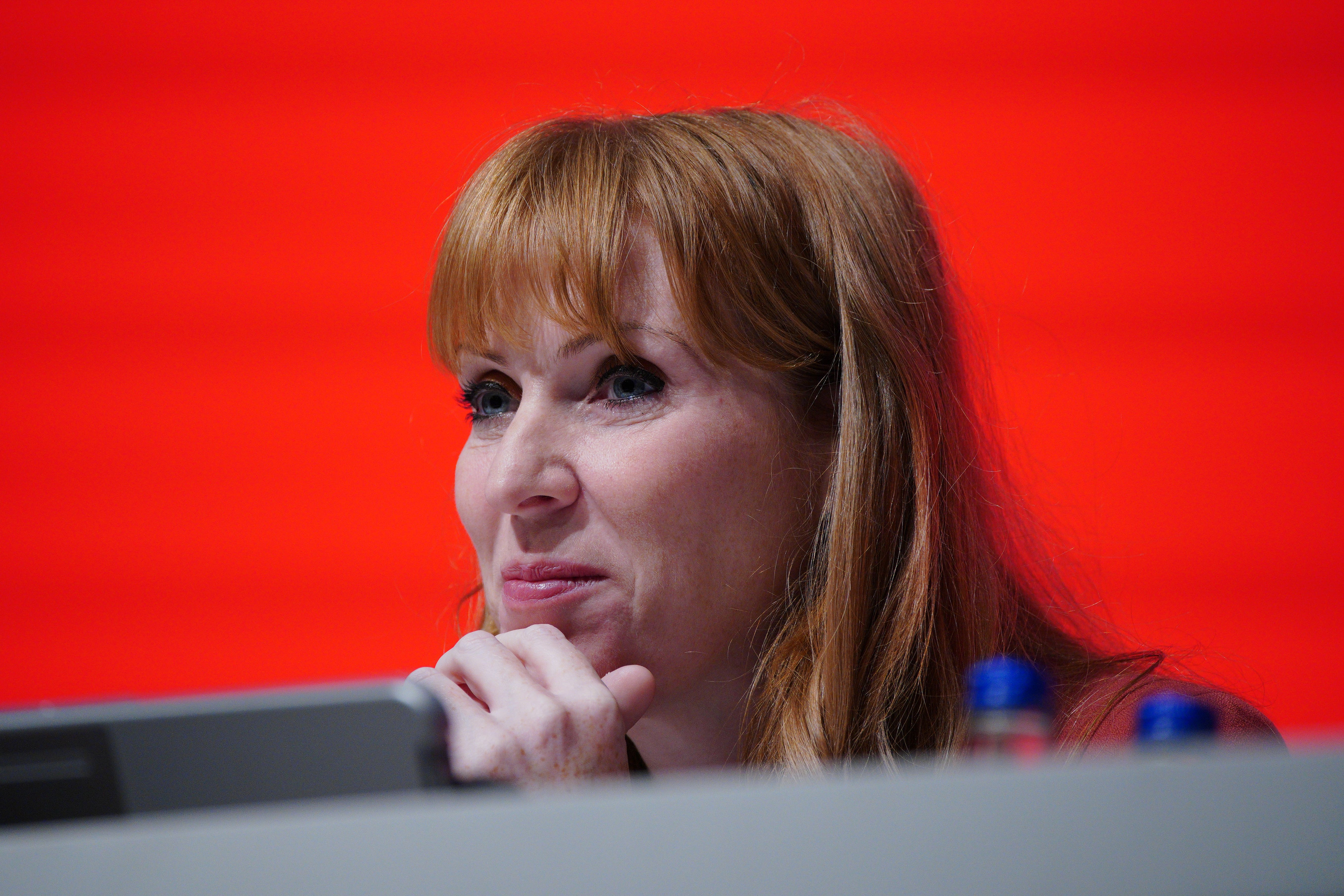Your support helps us to tell the story
From reproductive rights to climate change to Big Tech, The Independent is on the ground when the story is developing. Whether it's investigating the financials of Elon Musk's pro-Trump PAC or producing our latest documentary, 'The A Word', which shines a light on the American women fighting for reproductive rights, we know how important it is to parse out the facts from the messaging.
At such a critical moment in US history, we need reporters on the ground. Your donation allows us to keep sending journalists to speak to both sides of the story.
The Independent is trusted by Americans across the entire political spectrum. And unlike many other quality news outlets, we choose not to lock Americans out of our reporting and analysis with paywalls. We believe quality journalism should be available to everyone, paid for by those who can afford it.
Your support makes all the difference.Closing the gender pay gap will help boost Britain’s flagging economy, Labour has said.
Writing for The Independent to mark the anniversary of the Equal Pay Act, deputy leader Angela Rayner suggested better wages could encourage women to return to work.
The opposition is pointing to figures showing 185,000 more women aged between 50 and 64 have become economically inactive since the beginning of the pandemic.
“The economy could be boosted by up to £7bn, were employment rates among this group to return to pre-pandemic levels,” Ms Rayner said.
“Tackling the gender pay gap will help to secure the highest sustained growth in the G7.”
The Equal Pay Act was introduced by Labour on 29 May 1970 following a campaign led by women workers.
But the latest figures suggest that at the current rate, the gender pay gap for women in their fifties will not close until 2050.
Ms Rayner said that despite progress, more needed to be done to secure gender equality in the workplace.
She said Labour would strengthen workplace protections for new mothers, give employers more support to “eradicate unequal pay”, and review “the failing parental leave system”.
This would make the UK economy “work for working women”, she added.
“Progress remains too slow. Unequal pay claims persist, while the gender pay gap is too great,” she wrote.
“The average working woman earns 15 per cent less than the typical working man, while women are still paid less than men for their work at four out of five employers.”
The government made pay gap reporting became mandatory for companies with more than 250 employees in 2017.
Research published this week by PricewaterhouseCoopers (PWC) shows the national median pay gap declined by 0.7 per cent, from 12.9 per cent in 2021-22 to 12.2 per cent in 2022-23.
The median hourly pay gap meanwhile decreased from 9.8 per cent in 2021-22 to 9.2 per cent in 2022-23.

Join our commenting forum
Join thought-provoking conversations, follow other Independent readers and see their replies
Comments